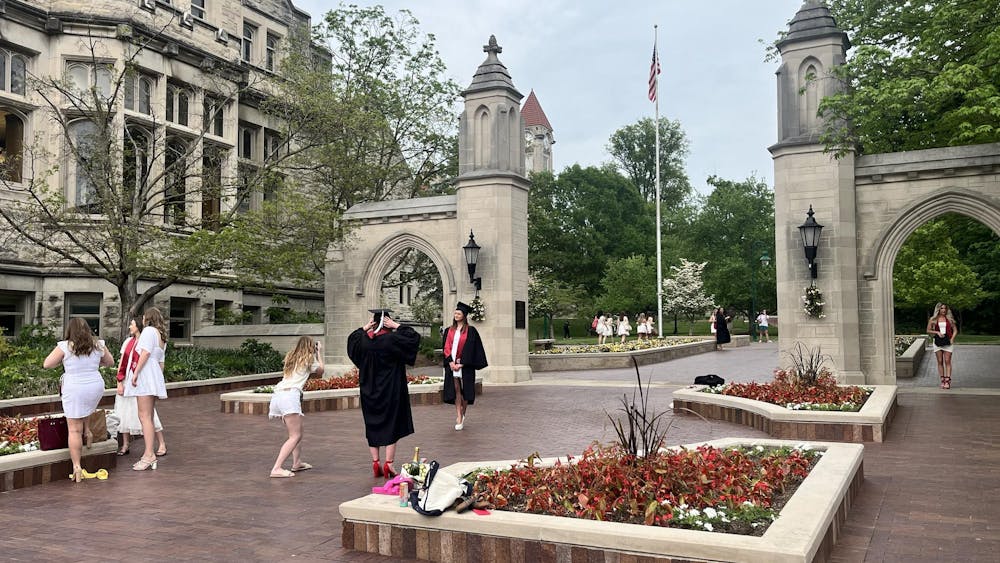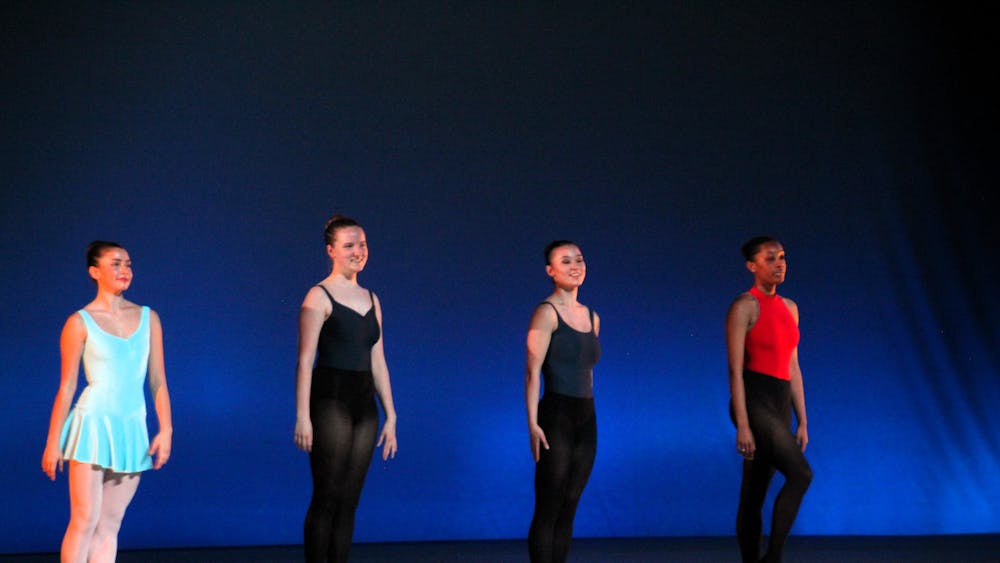Dramatic images of the war in Iraq have left people across the country struggling to decide when to watch TV and when to turn it off.\nAt the Cleveland State University student union Monday afternoon, the large-screen television set that had carried the war on Friday was tuned instead to soap operas.\nSitting on a campus park bench with a newspaper on her lap, Kathryn Quinn said the television images of war had become too much for her.\nQuinn, 40, a professor at the university's college of nursing, said she wants to stay informed on what's happening in the war, but "it's disturbing to watch too much of it."\nRobert Thompson, professor of media and popular culture at Syracuse University said the 24-hour coverage of the war may have made people lose interest in the war more quickly and could reduce public support for a long conflict.\n"If you've got people after four and a half days saying they've had enough of the war, think of the magnitude of that statement," Thompson said. "World War II took four years."\nRichard Wald, a former news executive at both NBC and ABC and now a professor at Columbia University School of Journalism, said that for news executives, the need to inform the public has to be balanced against how much the public will actually watch.\n"How much bombing should you show? How much should you be on live with? At the outset of a war it is simple because everyone wants as much news as possible. But once it settles in and becomes a daily news report, it becomes a harder question," he said.\nAt Carolina Ale House in Cary, N.C., the Monday lunchtime crowd could choose from any of three dozen television sets to watch, all but a handful showing sports.\nRobert Jordan, 41, of Cary, said coverage of the war was more information than he wanted.\n"You get to a point where you see so much that I think it does affect a person's psyche. It just kind of bogs people down," Jordan said. "Even stress levels get up there, too. I hit a point where I just have to turn the TV off."\nSome school districts, concerned about the stress on children, are asking teachers to turn off war coverage in classrooms except when there is a specific academic reason to watch.\nPeggy Caldwell, spokeswoman for the 5,600-student school district in Shaker Heights, east of Cleveland, said principals have agreed that television sets should not be on in elementary classrooms.\n"In upper grades, it should be sparing, related to the curriculum and should be turned off in time to allow for discussion," she said.\nTodd Stogner, spokesman for the 40,000-student Oklahoma City Public Schools, said there has been no formal policy set by the district, but "the general thinking is to keep the coverage away from elementary students. This is the first time we've had live coverage of a conflict like this and you don't know what you might see."\nIn places where the TV was not tuned to war coverage it was probably tuned to highlights of the weekend's NCAA basketball tournament, which resumes Thursday.
War too much for some viewers
Images of war leave many torn between watching and turning the TV channel
Get stories like this in your inbox
Subscribe





